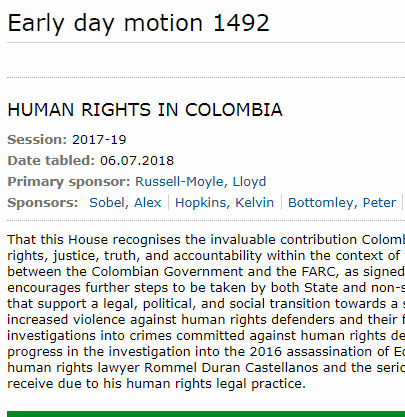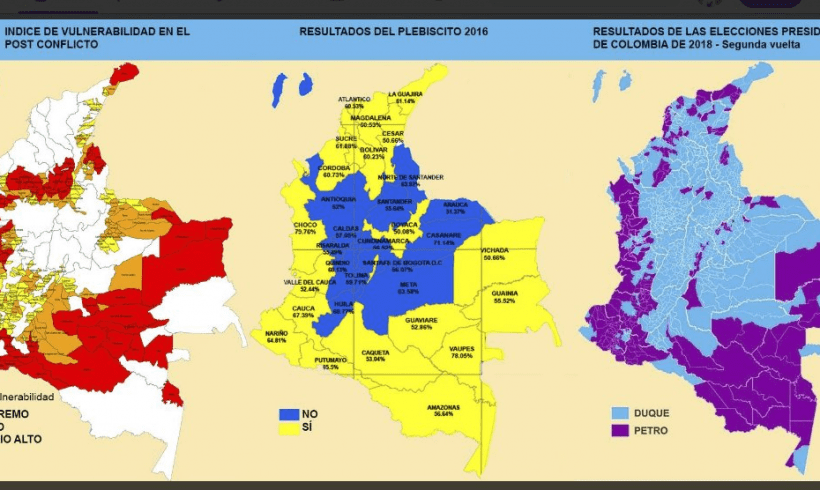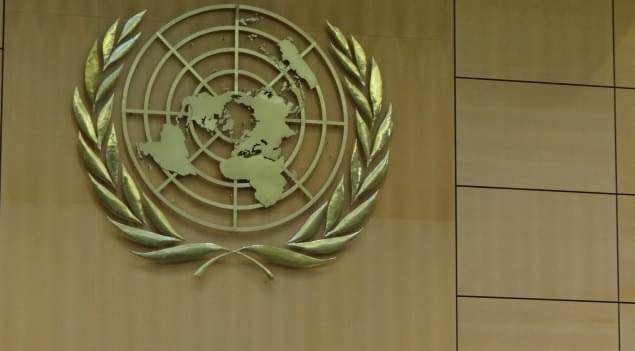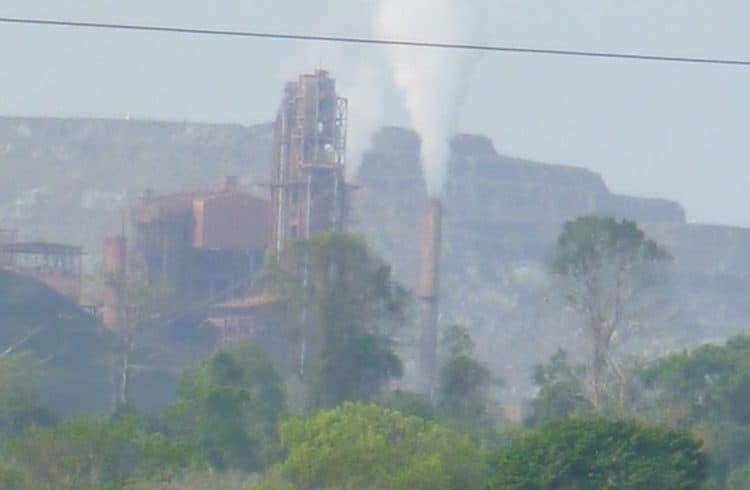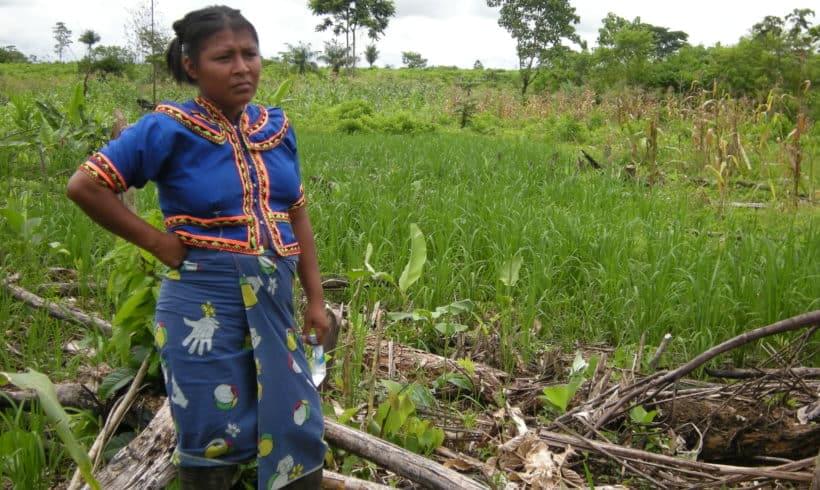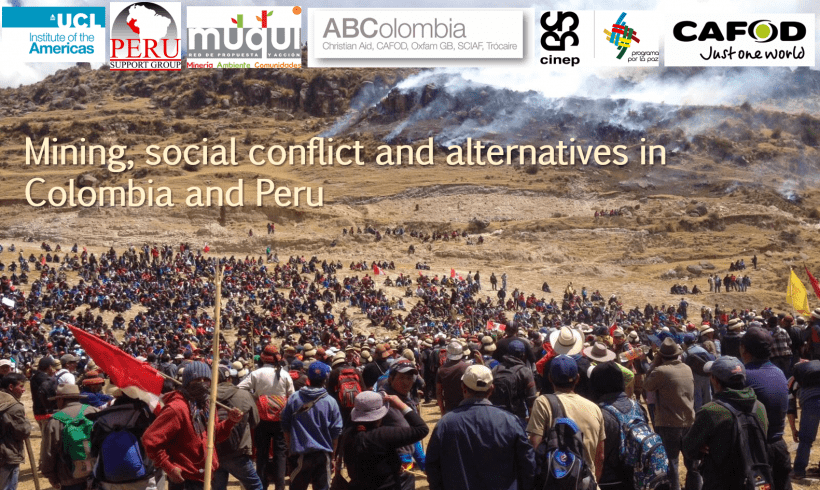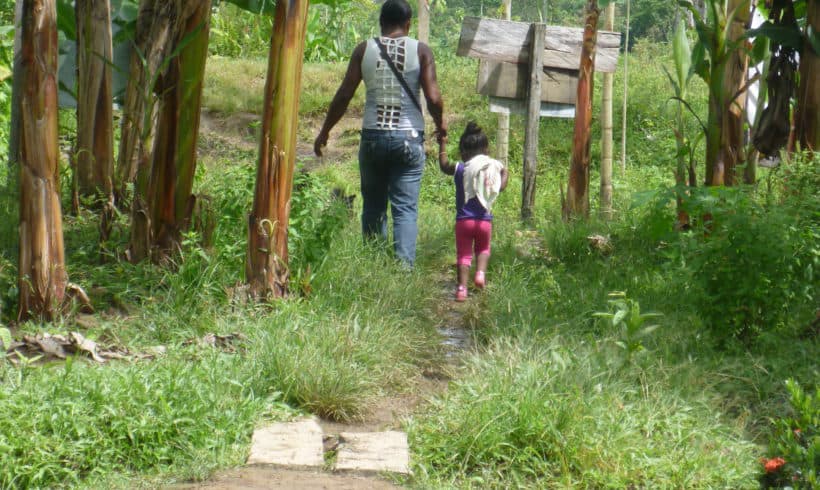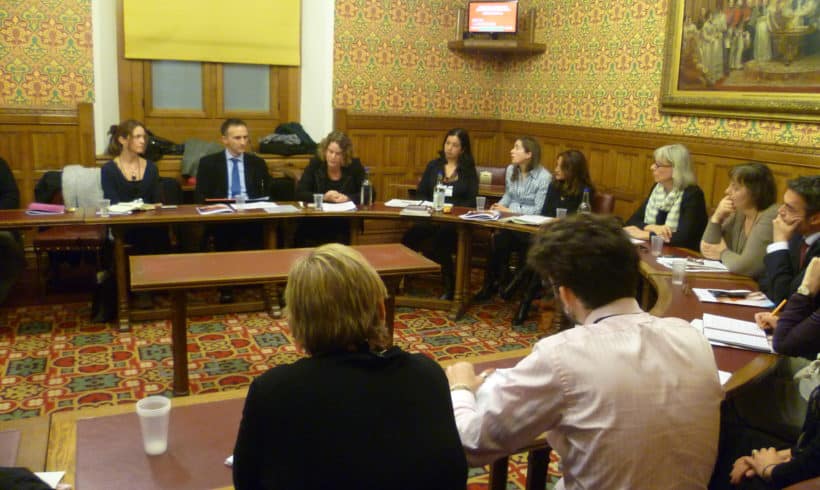Category: Themes
25.06201829/01/2019
15.06201829/01/2019
31.05201828/06/2019
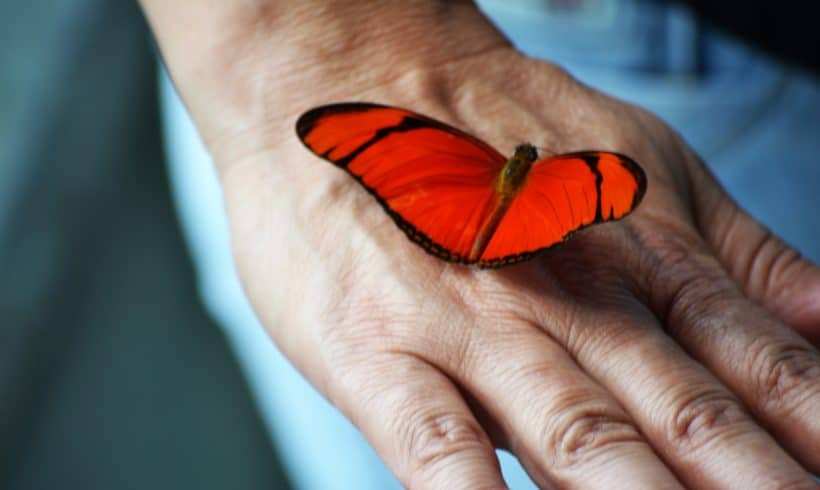
The Participation of Women in the Colombian Peace Process
By ABColombiaIn Contributions, News, Peace, WomenTags Civil Society, FARC, Peace, Peace Accord, Peace in Colombia, Sexual violence, Women
Further Reading: Latin News, The participation of women in the Colombian Peace Process ABColombia, Colombia Securing Peace: Women’s Achievements and...
10.05201822/07/2019
09.05201829/01/2019
23.04201829/01/2019
29.03201829/01/2019
22.03201826/02/2026
21.03201829/01/2019

